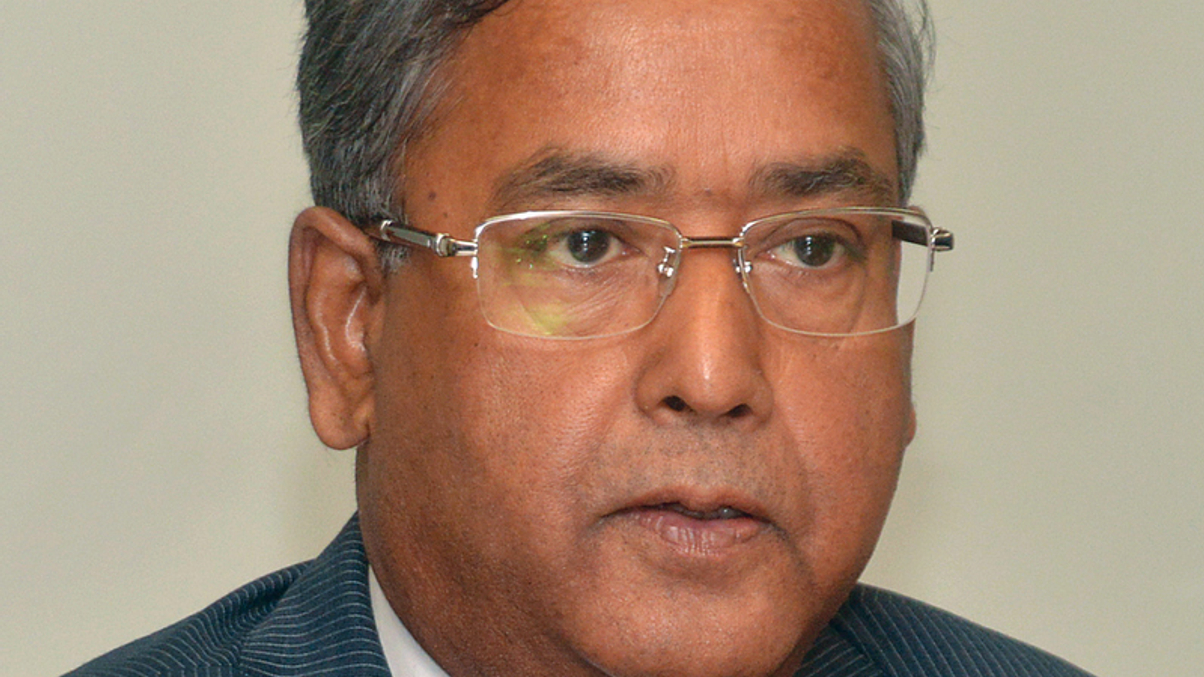The world is not equal, complains Sebi chairman
UK Sinha, head of India’s securities regulator, counters criticism it has not done enough to facilitate investor engagement at home and abroad, accusing certain jurisdictions of protectionism.

The chairman of India’s securities regulator, UK Sinha, has moved to defend the institution against claims it has not done enough to facilitate international engagement and investment.
Sign in to read on!
Registered users get 2 free articles in 30 days.
Subscribers have full unlimited access to AsianInvestor
Not signed up? New users get 2 free articles per month, plus a 7-day unlimited free trial.
¬ Haymarket Media Limited. All rights reserved.


